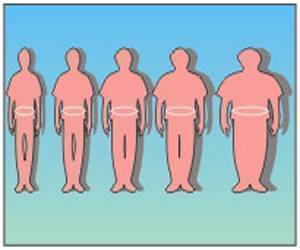Study discovers why high altitude reduces the amount of blood the heart pumps around the body with each beat.

‘At high altitudes, the lower amount of oxygen in the air leads to a decrease in the volume of blood circulating around the body, and an increase in blood pressure in the lungs.’





This research is important because it improves our understanding of how the human body adapts to high altitude areas. This will help us make exploration and tourism of Earth's mountainous regions safer, and may also help facilitate exercise performance in a wide range of sporting events that take place at high altitude. The research conducted by Cardiff Metropolitan University, in conjunction with the University of British Columbia Okanagan and Loma Linda University School of Medicine, involved collecting data on how the heart and pulmonary blood vessels adapt to life with less oxygen. The researchers and participants conducted the study during two weeks at a remote research facility called The Barcroft Laboratory on White Mountain, California.
It is important to note that the sample size of this study was small and the effects of these mechanisms were only compared in individuals of European descent. Furthermore, echocardiography was used to assess cardiac and pulmonary vascular function which is non-invasive and indirect.
Michael Stembridge, the chief investigator on the project commented on future research plans: "Currently, a number of the research team are ready to depart for an expedition that will focus on high altitude natives who live and work in the industrial mines of the Andean mountains. Unfortunately, a third of these individuals experience long-term ill health due to their residence at high altitude, a condition termed 'Chronic Mountain Sickness'. We hope to apply the findings of this work to help improve the health and well-being of these populations by furthering our understanding of the condition and exploring therapeutic targets".
Advertisement













